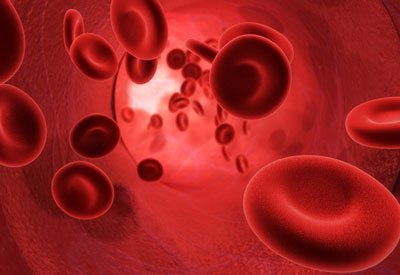Italian non-profit set for European gene therapy first in Wiskott-Aldrich syndrome
Posted: 17 November 2025 | Catherine Eckford (European Pharmaceutical Review) | No comments yet
Fondazione Telethon’s Waskyra (etuvetidigene autotemcel) has been recommended for approval by the CHMP as a treatment for the rare disease.


Rome-based Fondazione Telethon is on track to win European approval for the first gene therapy for Wiskott-Aldrich syndrome, after receiving the backing of key regulatory advisors.
The Committee for Medicinal Products for Human Use (CHMP) recommended Waskyra (etuvetidigene autotemcel) for European approval to treat individuals aged six months and older with the rare condition.
The regulatory milestone also means the Italian firm is set to become the first non-profit organisation to take a treatment all the way from laboratory research to regulatory approval.
This milestone demonstrates that academic research, when guided by a strong sense of responsibility towards patients and conducted to the highest industrial standards, can truly change the natural history of rare diseases”
Fondazione Telethon’s General Director Ilaria Villa said: “This milestone demonstrates that academic research, when guided by a strong sense of responsibility towards patients and conducted to the highest industrial standards, can truly change the natural history of rare diseases.”
The CHMP’s decision was based on findings from a clinical development programme involving 27 patients with the disease. Its expert group for cell- and gene-based medicines had previously deemed that benefits of Waskyra were greater than its potential risks in Wiskott-Aldrich syndrome (WAS) patients who had no suitable donor available for a required haematopoietic stem cell transplantation (HSCT).
In clinical trials to support its regulatory filing the gene therapy Waskyra reduced infections and bleeding episodes for patients.
Key findings from the Waskyra clinical programme
Overall, data showed the annualised rate of severe infections reduced from 2.0 events in the 12 months prior to treatment, to 0.15 events in the one to two years after receiving Waskyra. Then to 0.12 events in the two to three years post-treatment.
Similarly, for moderate and severe bleeding episodes, the rate decreased from 2.0 events in the 12 months prior to Waskyra, to 0.16 events in the two to three years post-Waskyra.
Having agreed with the assessment by the Committee for Advanced Therapies (CAT), EMA’s Committee for Medicinal Products for Human Use (CHMP) gave Waskyra a positive opinion and recommended its approval.
The CHMP’s opinion on the infusion-administered gene therapy will be reviewed by the European Commission for authorisation in the EU, with that process typically taking three months and the CHMP’s recommendation usually followed.
Related organisations
Committee for Medicinal Products for Human Use (CHMP), European Medicines Agency (EMA), Fondazione Telethon




